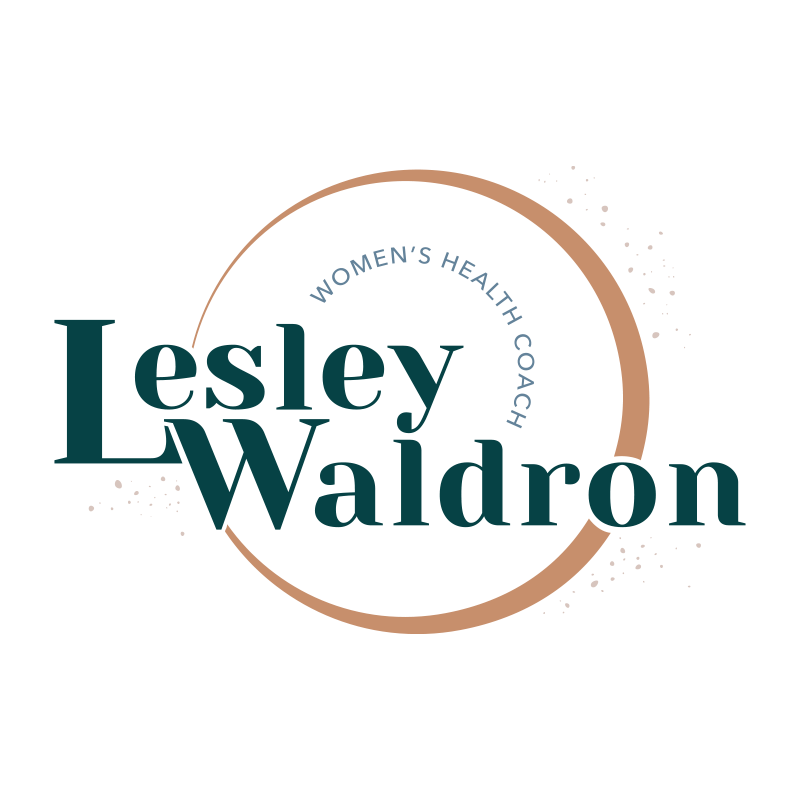Perimenopause, digestion and gut health.
The changing hormones of perimenopause may lead to some changes to your digestion and gut health.
Dropping levels of oestrogen and progesterone can slow down our digestive process, and this, alongside our habits and lifestyles can contribute to changing sensitivities to different foods and lead to constipation, heartburn, bloating and diarrhoea.
Fun eh?
I see this as an opportunity to tune into what our gut is telling us.
According to some sources, Hippocrates considered that “all disease begins in the gut” and this was 2500 years ago.
We know a lot more now, but there’s plenty of truth in this saying.
Whenever I work with my perimenopause coaching clients on gut health it makes a huge difference to their, sleep, hot flashes, energy levels, focus and attention, skin, bloating and so much more!
Nowadays it's not just the gut we talk about, it's the microbiome. So much is being discovered about the millions of bacteria that inhabit our gut and how important they are to various elements of health as well as how what we eat affects the health of our gut and the balance of bacteria.
Scientists are also discovering more about the gut-brain connection. Our brain can affect what’s going on our gut (releasing gastric juices when we think about food, and contracting or slowing down when we are feeling stressed or anxious), but equally, our gut can affect what is going on in our brains - a healthy gut can improve our mood - about 95% of our serotonin is produced in the gut!
The makeup of our gut and how we respond to certain foods can be as individual as we are, but it is clear that a high sugar/highly processed diet has a negative impact on our gut health. The use of antibiotics in our food as well as for treating infection has also had an effect on our gut diversity.
A key to gut health: eat plenty of fibre, water, yogurt and fermented foods, a variety of vegetables and fruit and stay aware of how certain foods make you feel.
Some things that can help restore and improve gut health:
Eating a good variety of vegetables and fruit.
Intermittent fasting (too long a fast isn’t great for women in perimenopause, but simply stopping eating earlier in the evening and allowing at least 12 hours without food is a great way to enable your gut to heal).
Elimination diets (cutting out dairy/gluten/red meat/soya etc) to discover any sensitivities
Chewing your foods more slowly and taking time over meals
Include pro-biotics in your diet like: kimchi, sauerkraut, yogurt (plain, full fat yogurt), kombucha can boost the levels of healthy microbes in your gut.
Include pre-biotics: raw chicory root, raw jerusalem artichoke, raw dandelion greens, raw garlic, raw leeks, raw onion, cooked onions, raw asparagus.
Cutting down on sugary foods
Cutting down on alcohol consumption
Sound like a lot to take on? I’ve got a solution for you.
Tuning into how your gut feels is a great first step
Notice what your tummy feels like after a meal - are you bloated or feeling over full? Do you get hungry again soon after eating? Do you find certain foods go straight through you? Or are finding you get heart burn or indigestion more often?
If you’ve been noticing your digestion feels a bit ‘off’ then keeping a food diary or adding it to your menstrual cycle tracker can be really helpful. It helped me notice I had an intolerance to dairy products and that bread and pasta make me very bloated. I tend to reduce or eliminate these products which is leading me on a lovely journey of discovery of other meals.
I love tracking these things - and finding out if we can see patterns - it has really supported me over the years, as well as many of my clients.
Keep exploring and learning for good gut health
There are SO many interesting books, blogs and podcasts about the gut microbiome and perimenopause as well as the impact of gut health on the immune system overall.
I enjoyed the The Diet Myth, by Tim Spector and the other called Gut, by Giuila Enders. Both gave really good insights into how our guts work and how we can work out what our own guts need. This podcast from Dr Rangan Chatteree has a host of great gut health experts sharing their wisdom!
I’ll be sharing more on perimenopause and gut health in a later blog, but feel to free book in a call if you’d like to chat through some strategies to boost your gut health or learn about my gut health programmes.
